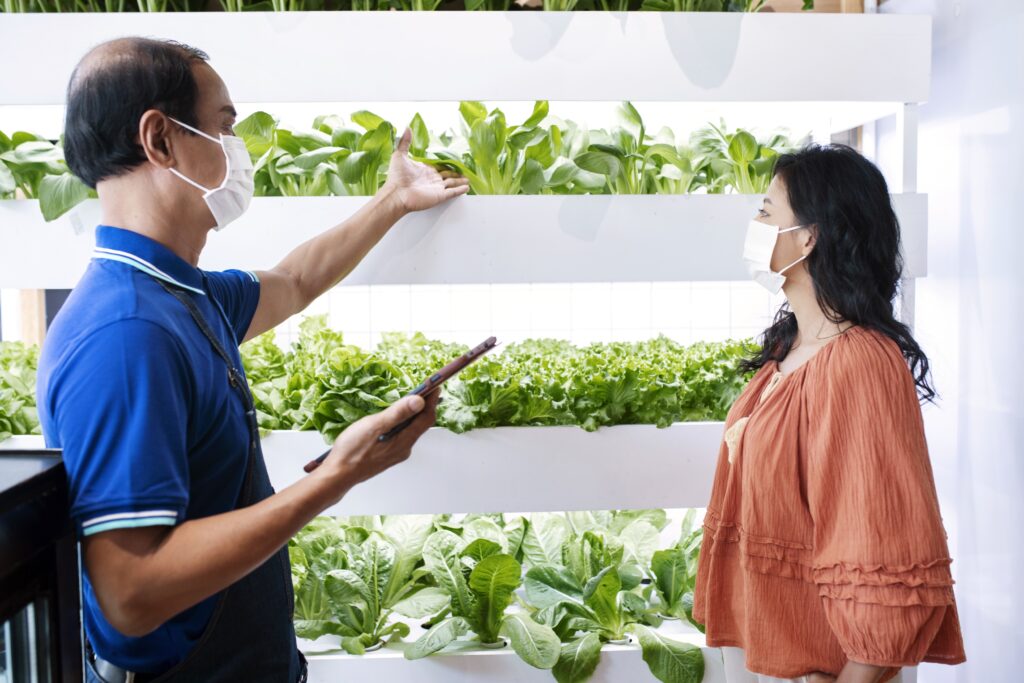The global food system is at a turning point. With the world population projected to reach 10 billion by 2050, agriculture must produce more food than ever, while facing the challenges of climate change, shrinking resources, and increasing consumer demand for sustainability.
The good news? Smart innovations are transforming agriculture, creating new ways to grow food efficiently, sustainably, and profitably. The future of farming is not just about producing more, it’s about producing smarter.
The Rise of Smart Farming Technologies:
Technology is no longer limited to large-scale farms. Across the globe, farmers are adopting tools that improve efficiency and sustainability:
- Precision agriculture – Using GPS, sensors, and satellite data, farmers can apply water and fertilizers exactly where needed, reducing waste.
- IoT sensors – Soil and weather sensors provide real-time insights, helping farmers make data-driven decisions.
- Drones – From crop monitoring to spraying, drones are revolutionizing how farmers manage fields.
These technologies increase yields while reducing resource use, creating win-win outcomes for farmers and the environment.
Data and AI in Farming:
Data has become one of agriculture’s most valuable resources. With the help of artificial intelligence (AI), farmers can now:
- Predict yields with greater accuracy.
- Detect pests and diseases early, reducing crop losses.
- Optimize supply chains, ensuring food reaches markets faster and with less waste.
For example, AI-powered apps can analyze a photo of a diseased plant and recommend immediate solutions, something that was unthinkable just a decade ago.
Sustainable Practices Supported by Tech:
Smart innovations aren’t just about efficiency, they’re central to building sustainable farming systems. Some examples include:
- Precision irrigation reduces water waste, critical in drought-prone regions.
- Smart fertilizer use prevents soil degradation and protects ecosystems.
- Cold chain technology reduces post-harvest losses, ensuring food stays fresh longer.
By combining traditional knowledge with modern tools, farmers can grow more food while safeguarding the planet.
Impact on Farmers and Communities
These innovations don’t just benefit individual farmers, they reshape entire communities.
- Lower costs, higher profits – Efficiency reduces input costs while improving yields.
- Opportunities for smallholder farmers – Mobile-based tools make advanced farming accessible to even the smallest farms.
- Global collaboration – Farmers can adopt best practices from across the world, strengthening resilience against global challenges.
Countries that embrace agri-food innovation are already seeing stronger food security and more sustainable rural economies.
The future of agri-food is here, and it’s smart, sustainable, and collaborative. From AI-powered tools to IoT sensors and precision farming, technology is helping farmers overcome today’s challenges while preparing for tomorrow.
Platforms like AFSEN play a key role in ensuring these innovations are not locked within labs or large corporations but shared widely across farming communities. Together, we can build a food system that feeds the world without exhausting the planet.

